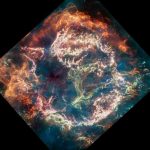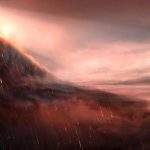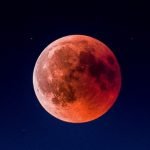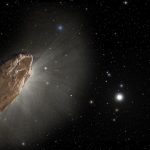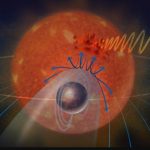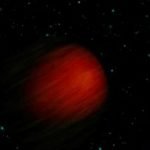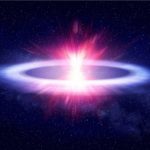NASA’s Webb reveals never-before-seen details in Cassiopeia A
The explosion of a star is a dramatic event, but the remains the star leaves behind can be even more dramatic. A new mid-infrared image provides one stunning example.
Astronomers find out what happens to rocky planets that wander too close to their...
The massive Kepler survey found a treasure trove of exoplanets.
But in all that wealth they found three anomalies: what appeared to be rings of...
Scientists may find a runaway supermassive black hole
Astronomers say they may have found evidence of a “runaway” black hole, a discovery that would prove a theory that originated five decades ago.
Yale...
Twinkling stars could influence interstellar dust that made life
Scientists find a connection between the variable intensity of stars called asymptotic giant branch (AGB) stars and the amount of interstellar dust they produce.
Suicide death strongly increases during the week of a full moon
Did you know that people have been talking about the effects of the full moon on human behavior for centuries?
Now, psychiatrists at Indiana University...
A surprisingly simple explanation for interstellar visitor ‘Oumuamua’s weird orbit
n 2017, a mysterious comet dubbed ‘Oumuamua fired the imaginations of scientists and the public alike.
It was the first known visitor from outside our...
Scientists unveil a 5.7 terapixel global image of Mars
A planet-spanning online image of Mars created at a scale of 5 meters per pixel was unveiled today.
The image is freely available to the...
Earth-like exoplanets could have magnetic fields, shows study
Earth's magnetic field does more than keep everyone's compass needles pointed in the same direction.
It also helps preserve Earth’s sliver of life-sustaining atmosphere by...
Giant planets can have very different atmospheres
But out in the galaxy, the atmospheric compositions of giant planets do not fit the solar system trend.
Scientists observe flattest explosion ever seen in space
Astronomers have observed an explosion 180 million light years away which challenges our current understanding of explosions in space, that appeared much flatter than...

